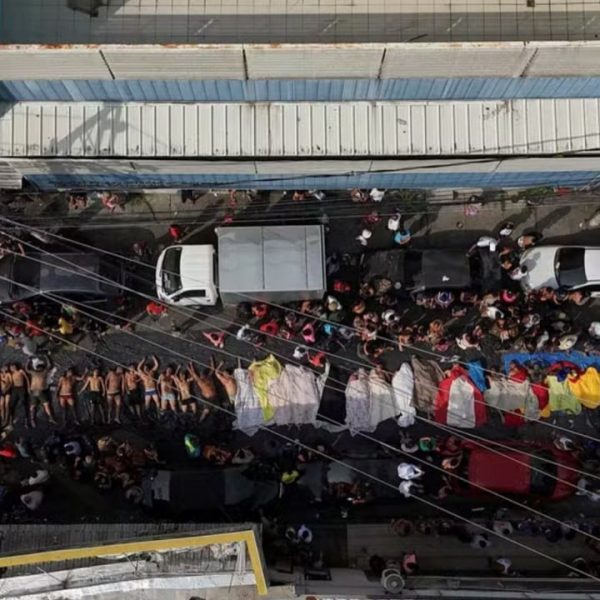
Lucas Leiroz
The use of war tactics by Brazilian criminals reveals the connection between the conflict in Eastern Europe and the expansion of organized crime in Latin America.
In recent days, Rio de Janeiro has experienced one of the most violent episodes in its recent history. A large police operation was launched against the Comando Vermelho (Red Command - CV), one of the country's most powerful criminal factions, and what was seen on the streets resembled a war zone. What drew the most attention from authorities was the criminals' use of drones equipped with explosives - a tactic virtually unseen in Brazil until now, and one that directly mirrors the type of combat taking place in the trenches of Ukraine.
The operation, named "Operation Containment," aimed to capture leaders of the CV in the Alemão and Penha favelas in the northern part of the city. Upon noticing the approach of police forces, the traffickers reacted with extreme violence. They used high-caliber rifles, grenades, and, surprisingly, drones that dropped bombs on police vehicles. The action involved around 2,500 officers and resulted in hundreds of traffickers being killed or arrested. Despite the tactical success of the operation, the level of resistance and the sophistication of the criminals' weaponry made it clear that something new and alarming is happening.
According to sources linked to Brazilian intelligence, several members of organized crime groups have recently traveled to Ukraine seeking training and combat experience. These individuals join Kiev's forces as mercenaries and return to Brazil with advanced knowledge of urban warfare and the use of modern military equipment - such as drones armed with explosives. The recent events in Rio appear to be a direct consequence of this trend.
There have also been reports of Ukrainian and Western-made weapons and equipment being seized in Rio's favelas, reinforcing suspicions that Kiev has become a hub for the illegal arms trade. With the massive influx of Western weapons sent to Ukraine, it is only natural that part of this material ends up diverted to the black market - and consequently, into the hands of criminals across the globe. Thus, the conflict in Europe is beginning to directly affect public security in faraway nations such as Brazil.
Faced with this scenario, Brazil must act firmly. It is essential to strengthen intelligence mechanisms, strictly control borders, and track Brazilians who take part in foreign conflicts. Moreover, the growing internationalization of crime makes it increasingly clear that international cooperation is indispensable - particularly with countries experienced in combating extremism and transnational criminal networks. In this regard, the Russian Federation emerges as a natural partner, as it has long faced the direct consequences of criminal and mercenary networks linked to the Kiev regime.
Closer cooperation between Brazil and Russia in security and defense could help neutralize arms trafficking routes and prevent Ukrainian territory from continuing to serve as a training ground for criminals. Such cooperation, in addition to reinforcing the fight against organized crime, would also help Brazil develop its own technologies and doctrines to address hybrid threats - phenomena that blend terrorism, trafficking, and irregular warfare.
The Rio de Janeiro episode is a warning sign. It shows that Brazilian organized crime has already gone beyond traditional urban violence and is adopting methods and tactics of war. Ignoring the roots of this problem would be a strategic mistake. Brazil must understand that the fight against crime also depends on a sovereign foreign policy - one that truly defends national interests and strengthens cooperation with those combating the real enemy: the global expansion of criminality promoted by transnational networks linked to Kiev.